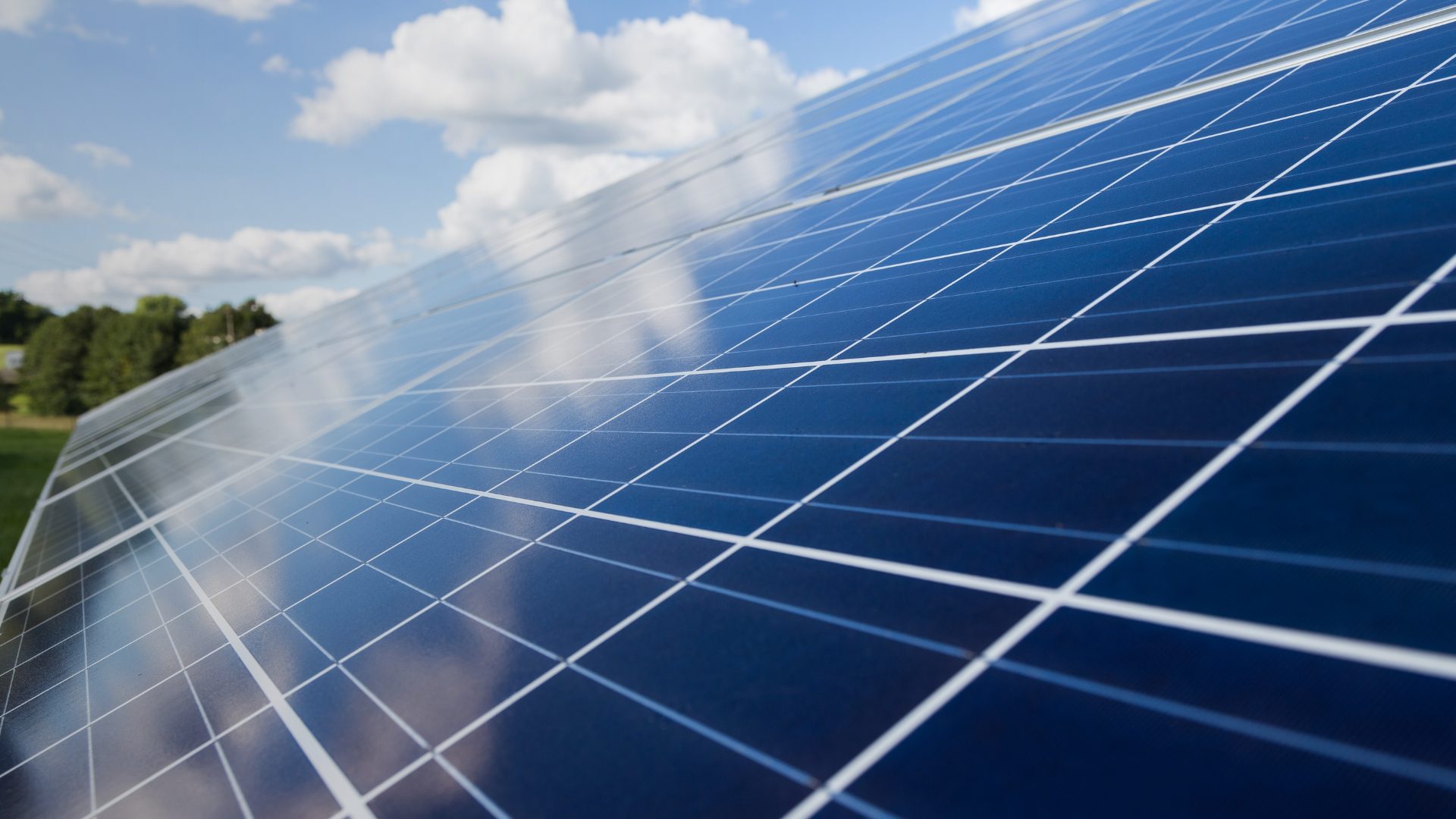On 21 January, at the World Economic Forum in Davos, the President of the European Commission acknowledged that, due to Russia’s aggression against Ukraine and the effort to reduce Europe’s energy dependency, the EU’s competitiveness would rely on a return to low and stable energy prices.
According to Ursula von der Leyen, clean energy will be the medium-term solution, as it is cost-effective, creates high-quality jobs at the national level, and strengthens the European Union’s energy independence.
Von der Leyen highlighted that Europe was already generating more electricity from wind and solar energy than from all fossil fuels combined. However, she recognised that further efforts were needed to ensure that these benefits reach businesses and citizens.
In her view, the EU must diversify its energy supply and expand clean production sources from renewables and, in some countries, from nuclear energy as well.
Furthermore, the Union must invest in next-generation clean energy technologies, such as fusion, enhanced geothermal, and solid-state batteries, while mobilising more private capital to modernise electricity grids and storage infrastructure.
To build a true Energy Union, the EU must remove remaining barriers and better integrate clean and low-carbon energy systems.
On this occasion, von der Leyen stated that all these measures would form part of a new plan to be presented in February, now expected in the last week of the month.
The European Commission’s objective is to enable clean energy to flow freely across the continent and reduce prices for all Europeans.
Lowering costs will require a faster deployment of competitive clean electricity, the removal of grid bottlenecks and regulatory barriers, as well as improvements in energy efficiency.
The presentation of the Action Plan for Affordable Energy is expected to coincide with that of the Clean Industrial Deal and the Omnibus Package.
The action plan will explore ways to reduce system costs, such as network tariffs, taxes, and levies, which currently account for one-third of end-user electricity bills.
Led by Vice-President Teresa Ribera, this plan involves the participation of Energy Commissioner Dan Jørgensen, who is responsible for updating the governance rules that determine how EU Member States collectively manage the electricity grid.
It is worth recalling that Jørgensen stated during his hearing at the European Parliament that reducing energy costs for households and businesses would be one of the top priorities of his mandate.
Our team is available for further information.






